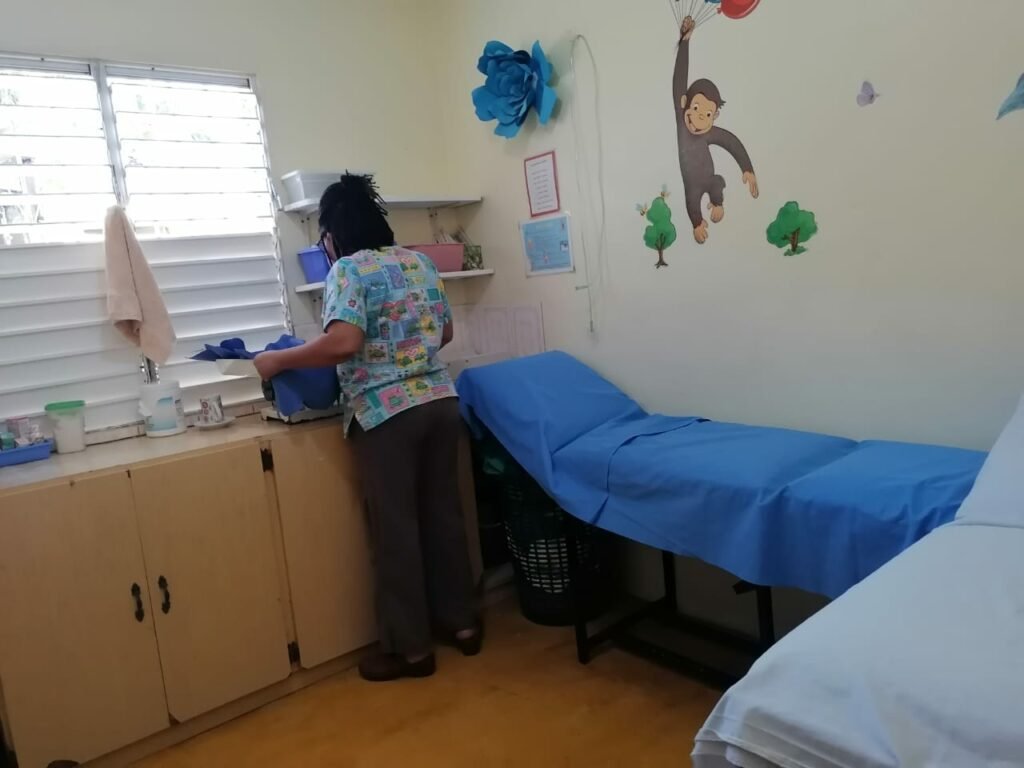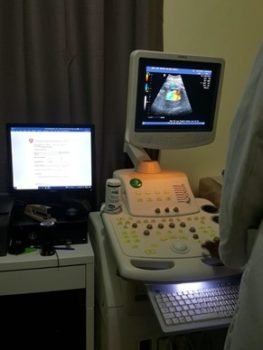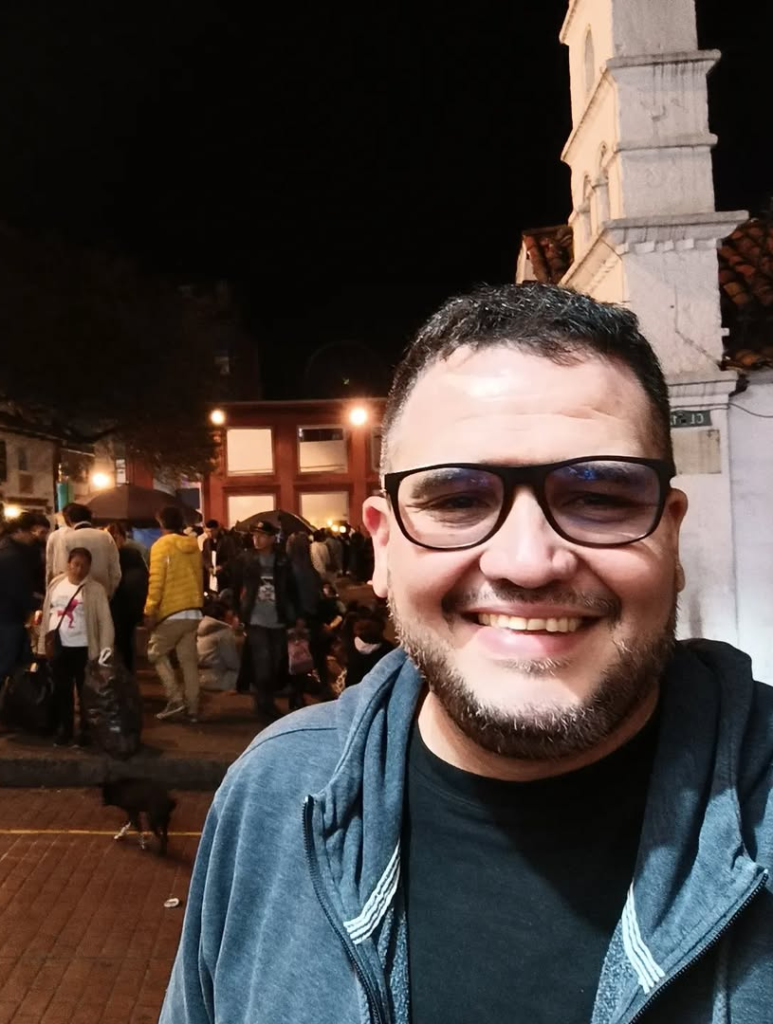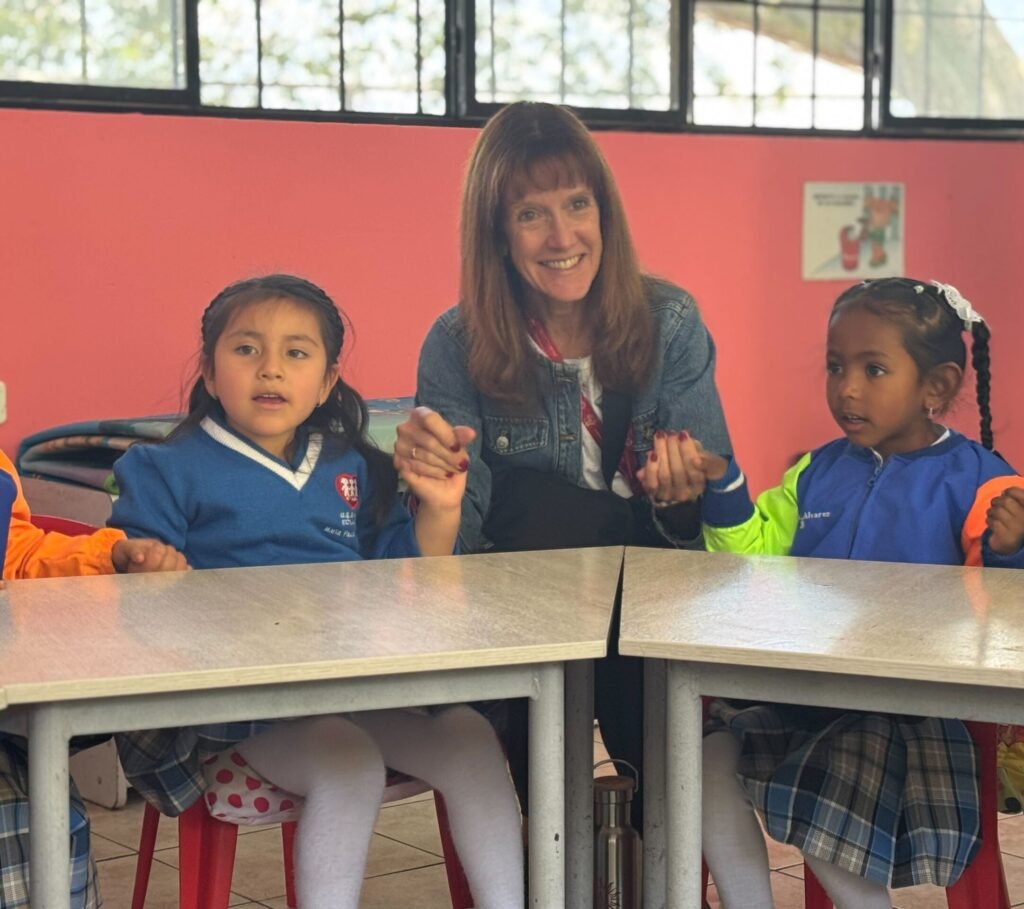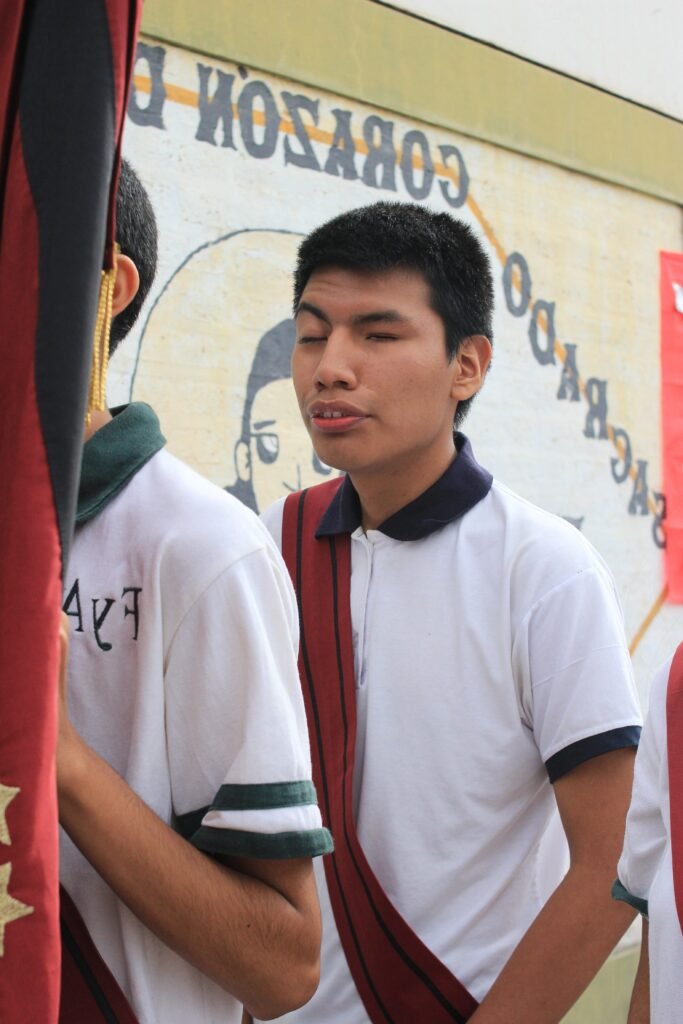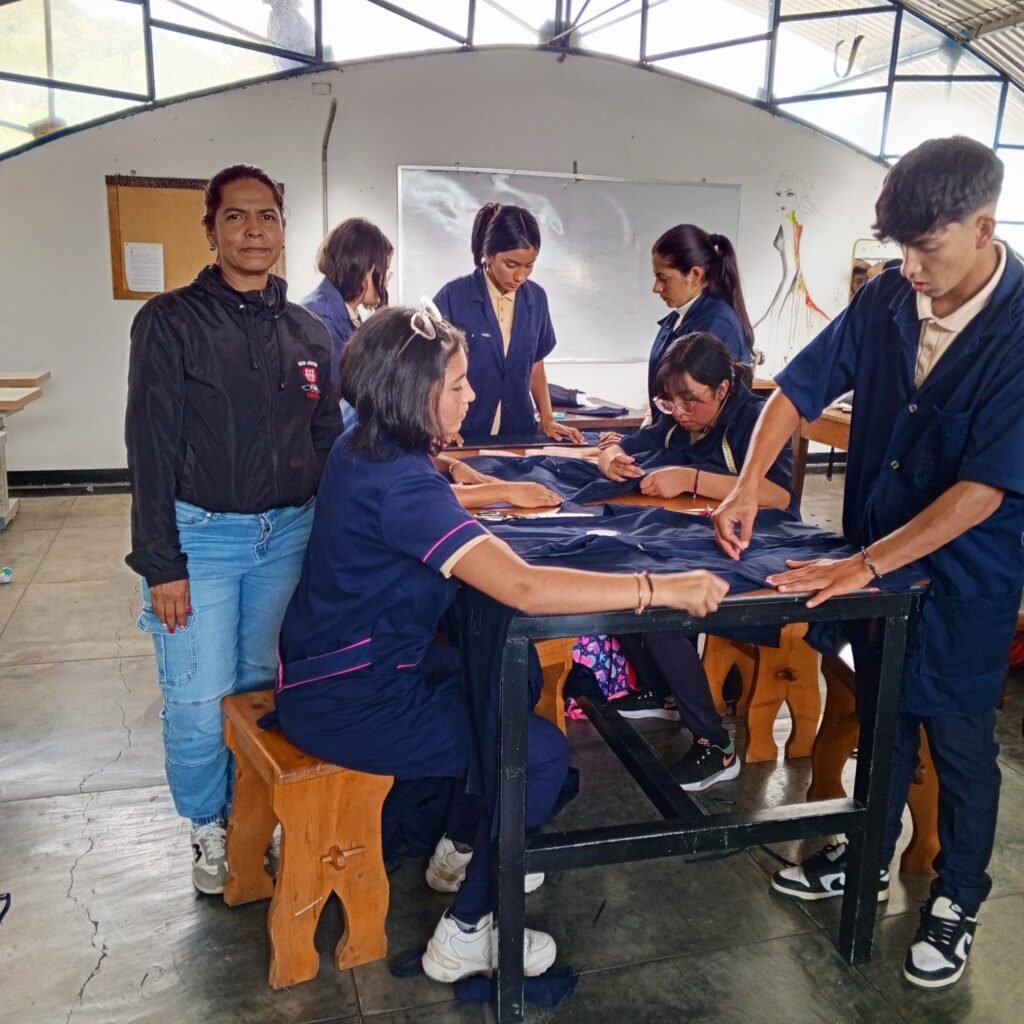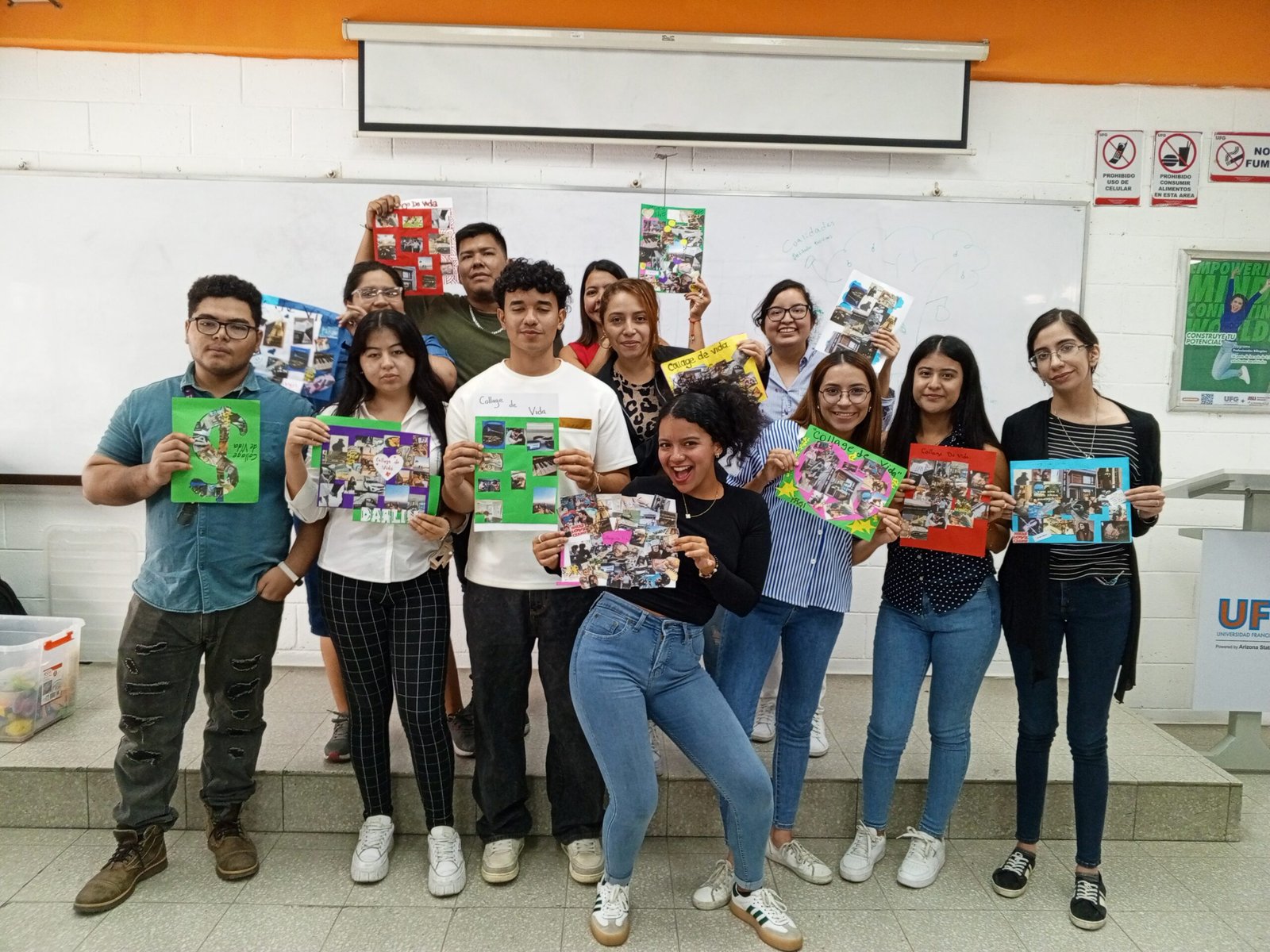CONTEXT
Batey Lechería is located in Santo Domingo Oeste, Dominican Republic. It is a community of mostly Haitian immigrants who arrived in the country between 1930 and 1990 as day laborers to cut sugar cane. Only 25% of the families have a fixed income in nearby areas, the majority are dedicated to various trades such as: housewives or informal employees.
The community has a medical clinic, whose infrastructure is currently in good condition and was built by the Sisters of the Holy Child Jesus Society of the Holy Child Jesus (SHCJ); a North American Congregation that worked in the community of Lechería from 1995 to 2019. The Clinic opened in 2004, in order to respond to the main health problems in the community and nearby areas. In 2008, the Clinton Foundation built an HIV patient care unit, which provided services from 2008 to 2011, to more than 2,000 positive patients. The unit closed in 2011 because the Dominican government did not assume related expenses and the patients were distributed to other nearby clinics.

Who does the clinic serve?
The medical clinic provides services to three communities : Batey Lechería (with a population of nearly 7,000 inhabitants); Villa Laura (200 people); and the Caballona sector (with 800 families); The population of these communities is about 75% Haitian according to the last census of 2015.
Currently, the clinic’s infrastructure is composed of: a laboratory, two family and general medicine clinics, a clinic for general vaccination, an office for patients with Tuberculosis, an infirmary for children and one for adults, a file and reception area, and a small pharmacy. The staff includes a general medicine and a family medicine doctor, three nurses, a general plant coordinator, a general assistant, a bioanalyzer, a driver, and a support person for the maintenance of the center. Patients make a small contribution of 75 pesos per consultation while other public and private hospitals in the area charge from 1,000 pesos to 2,500 per consultation.
OUR PROJECT
We partnered with the clinic through the Fe y Alegría network to improve the access to high-quality health services for the mostly Haitian population living in Batey Lechería de Manoguayabo, Santo Domingo Oeste, Dominican Republic. During the course of this project, the clinic benefited from new materials and equipment as well as added trainings to improve the overall patient experience. The clinic is always striving to improve its services and guarantee high-quality follow-ups for the patients. They identified three key areas of improvement that this project addressed.
First, the clinic worked to reduce the risk of illness and mortality in pregnant women and their babies. In consultation with doctors, the clinic was able to purchase sonography equipment and supplies and new testing equipment for the laboratory. Along with highly trained staff, these resources had a direct impact on the lives of local pregnant women.
Waste management was another priority for the clinic due to the high degree of contamination that medical waste has in the community. Our project allowed the clinic to install an incinerator for discarded syringes and other waste and fostered community education and trainings related to waste management.
Finally, in consultation with the medical staff, other improvements were made to the infrastructure of the clinic including the purchase of equipment and renovations to key areas in the clinic. Improvements to the waiting room, installation of new cabinets at the nursing station, and new curtains and an air conditioner for the consult rooms all contribute to an improved patient experience. At the same time better medical equipment has already increased the capacities of the staff and allowed for minor surgeries to be performed. Finally, the continuous training of the staff through workshops, gatherings and retreats has also been impactful.
Prenatal care at the Holy Family Clinic
While this project had a positive impact on many patients at the clinic, one of the groups most impacted by this project are pregnant women. 206 pregnant women attended the center in just the second period of this project and all benefited from monitoring, follow-up services and important health controls during pregnancy, all meant to ensure that babies and their mothers are in good health.
The clinic reported that they achieved 100% of the proposed objective, which was to improve the conditions of Haitian migrant pregnant women in the Dominican Republic by providing an excellent sonography service. In total they estimate the sonography services have already been used by over 1,500 patients between pregnancy monitoring and other studies.

“I am very happy to be able to have the sonogram here at the clinic because at 25 weeks the doctors saw my baby had a Nuchal cord, that is to say the umbilical cord was wrapped around his neck. Immediately the doctor saw the result of the sonogram and referred me to the emergency room and I had a cesarean section. This saved my baby’s life and mine. For this and more I am so happy and grateful first to God and then with all the care received at the health center.”
Deulide, a patient of the Holy Family Clinic
